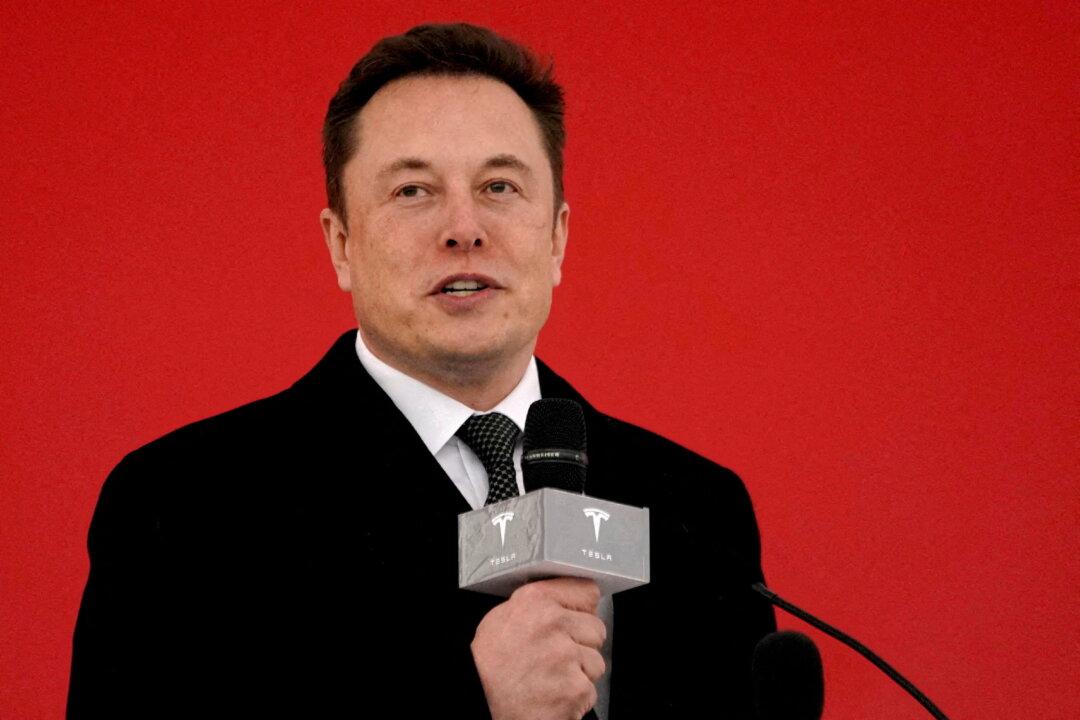Elon Musk said that ChatGPT and other recent advancements in artificial intelligence (AI) could pose a significant risk to civilization itself and that people should be on their guard.
“One of the biggest risks to the future of civilization is AI,” the Tesla and Twitter owner said at the World Government Summit in Dubai on Wednesday. Musk was one of the co-founders of OpenAI, which made the popular service ChatGPT.





